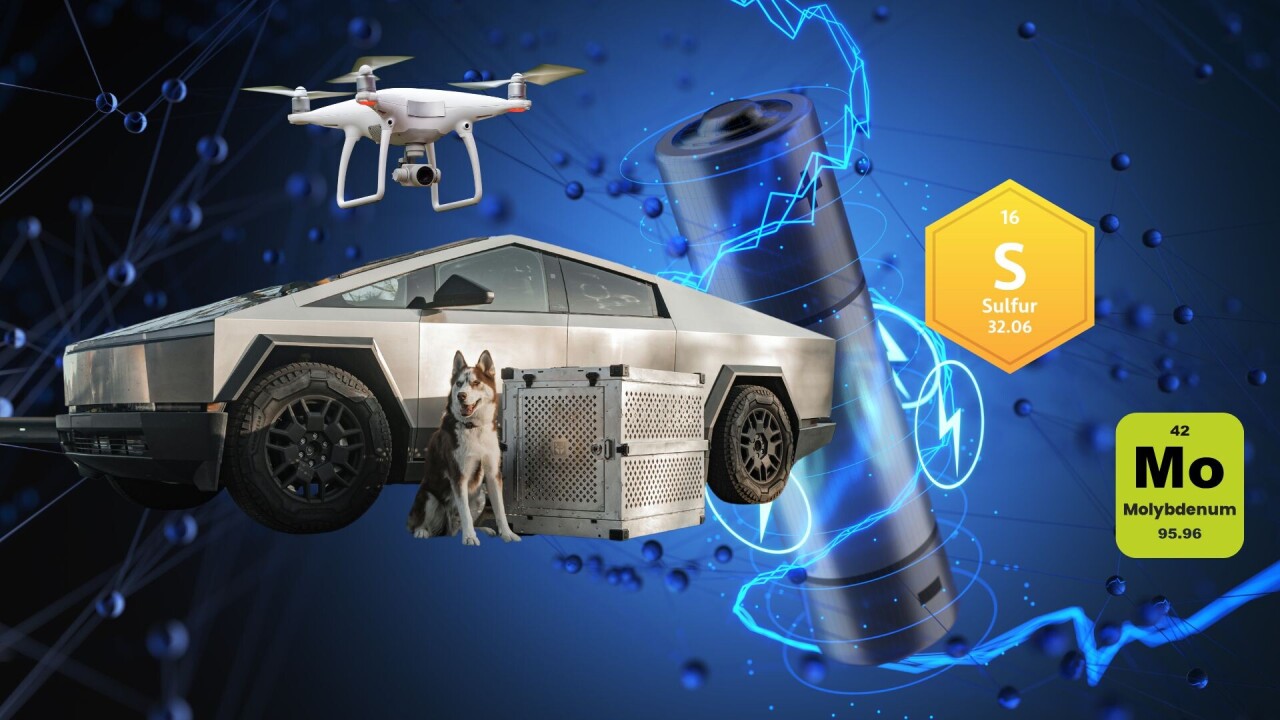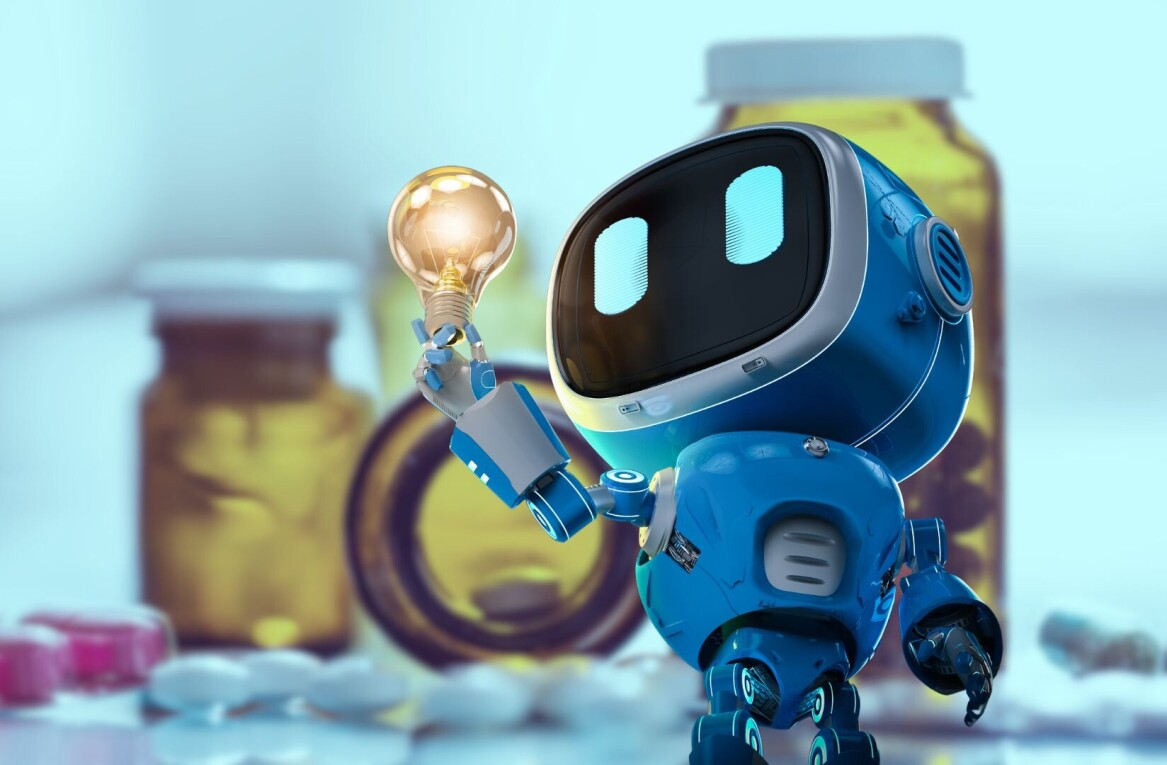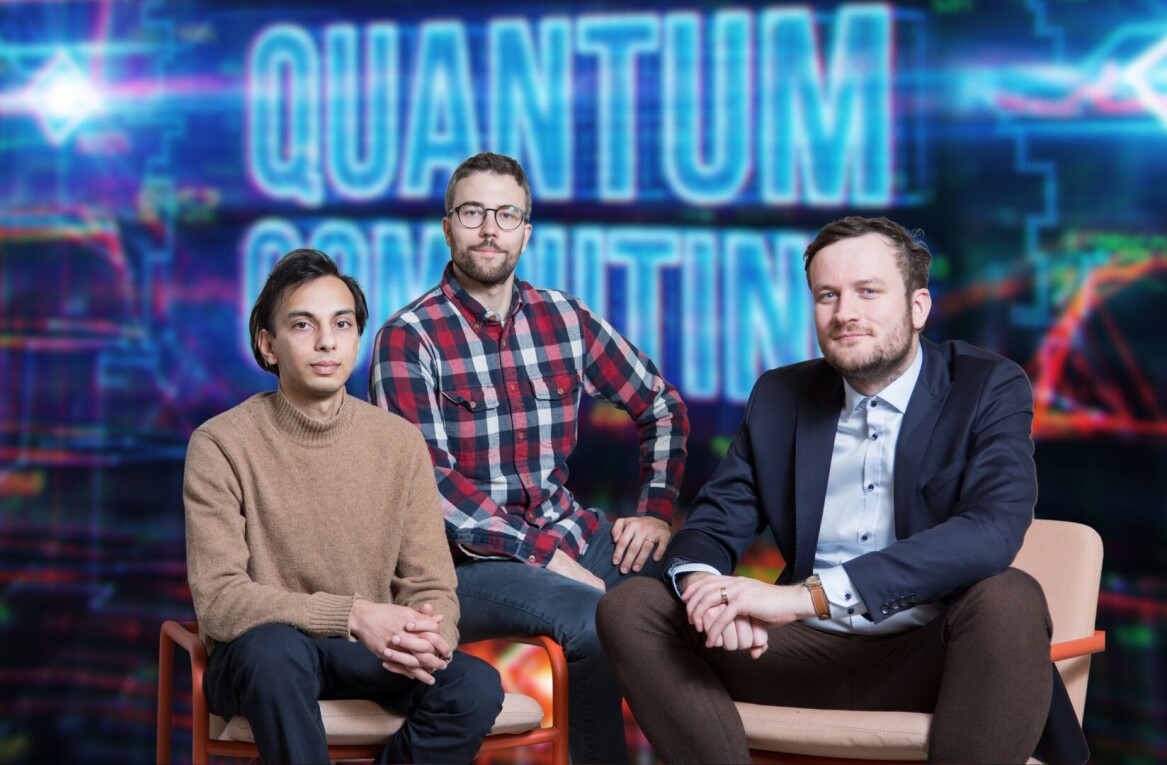
Lithium-ion batteries have served us well, powering much of the modern world. However, today’s tech — everything from drones and EVs to the wretched Tesla cyber truck — demands denser batteries that charge faster and take you further.
This push is driving scientists to conjure up new battery chemistries or refine old ones. Naturally, it is also spawning a new generation of startups looking to scale the next, best battery. One of those is Molyon.
Molyon recently spun out from 15 years of research at the University of Cambridge to commercialise a lithium-sulfur battery that it claims delivers twice the energy density of lithium-ion. Today, the startup secured $4.6mn to kickstart manufacturing at its first pilot facility.
Lithium-sulfur (Li-S) batteries not only store much more energy than lithium-ion, but they also don’t rely on rare minerals like cobalt, nickel, and graphite. They could help technologies like electric vehicles, drones, and planes become far more efficient.
However, to date, Li-S batteries have yet to be commercialised because of one big problem. Sulfur from the battery’s cathode tends to dissolve into the electrolyte – causing the anode to corrode and the battery to fail after only a few cycles.
“The promise of lithium-sulfur batteries has been there for decades but until now it has not been possible to realise this potential because of the inherent chemistry challenges of working with sulfur,” explained Dr Ismail Sami, co-founder and CEO of Molyon.
To overcome this problem, Molyon has developed a cathode technology based on metallic molybdenum disulfide (MoS2), a compound made up of sulfur and molybdenum, an abundant element found in the Earth’s crust. MoS2 remains stable and provides high energy density over hundreds of cycles – potentially revolutionising the Li-S battery field.
Sami co-founded Molyon in February of this year alongside his lab partner Dr Zhuangnan Li, who acts as the company’s CTO. The pair met whilst studying under the third co-founder Professor Manish Chhowalla. A fourth co-founder, Dr Sai Shivareddy (co-founder of Nyobolt) is a commercial advisor to the company.
Since patenting the discovery, the team has demonstrated practical batteries with energy densities of 500Wh per kg – approximately twice that of the typical Li-ion battery.
Fuelled by fresh funding, Molyon will expand its team and work on its pilot facility. It will initially focus on making Li-S batteries for drones and robots, which could greatly benefit from the lighter weight and improved range. After that, the company plans to scale to electric cars, trucks, and planes.
Molyon’s funding round — its first ever — was co-led by London-based deep tech investors IQ Capital and founder-led VC Plural, which launched a €500m fund back in January.
“The UK is uniquely positioned to lead in lithium-sulfur technology,” wrote Carina Namih, partner at Plural, in a blog post. “We are already one of the world-leading innovators in this emerging field, with the top labs and researchers based here.
“The UK also has the talent base and scar tissue from earlier failed attempts to commercialize this technology — as is so often the case with technological progress, the lessons learnt from these failures will feed the second wave.”
Update (14:31 CET, November 27, 2024): Plural‘s fund closed at €500m, not €400m, as this article previously reported.
Get the TNW newsletter
Get the most important tech news in your inbox each week.





